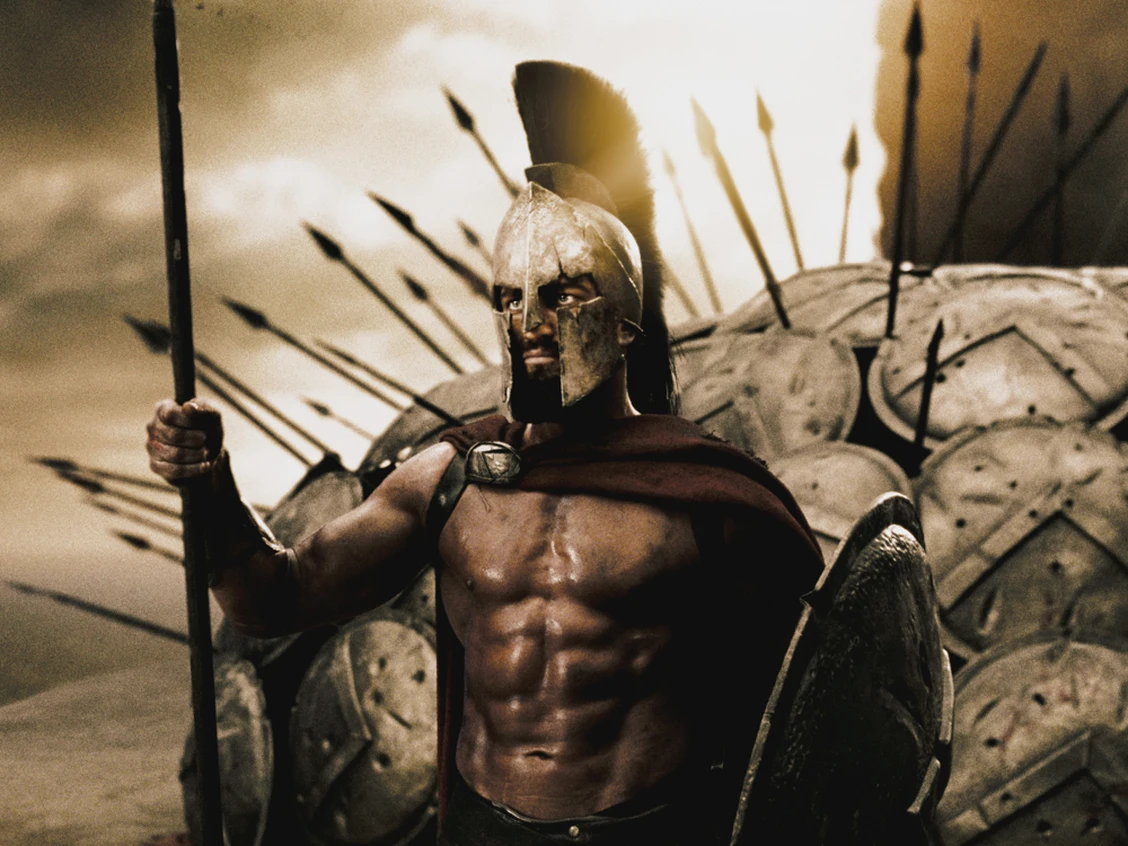Naming “300” the greatest action movie of all time may be blasphemy to the movie gods. But the 2007 epic is all about fleeing from idolatry, anyway.
The Battle of Thermopylae between 300 Spartans and the First Persian Empire’s tens of thousands of soldiers took place nearly 2,500 years ago. But King Leonidas I of Sparta (Gerard Butler) is an action hero perfectly made for our time.
Leonidas defends his country from the invading threat posed by Persian forces, but his refusal to kneel before Xerxes the Great (Rodrigo Santoro) has little to do with ancient geopolitics. Leonidas puts his life on the line for cultural values we still must fight for today.
Spartan culture, as depicted in the film, is one closely associated with what we might call “traditional masculinity.” Spartan men are compassionate fathers and stoic warriors, described as hard, strong, proud, logical and fearless. Spartan men are willing to sacrifice themselves for their nation, “the world’s one hope for reason and justice.” But, above all else, Spartan men value freedom.
Throughout the film, Xerxes serves as the most obvious existential threat to Spartan culture. He is an androgynous dictator, threatening the freedoms of every man, woman and child in his path. A self-described “generous god,” Xerxes appeals to man’s greatest weaknesses — lust, vanity, megalomania, greed — to win over his allies. He also relies on brute force and enslavement as tools of coercion.
But the biggest threat to Spartan culture, even more than Xerxes, are the very institutions that are trusted to preserve the Spartan way of life. Sparta’s governing bodies, the council and ephors, are corrupt. Its religious authority, the oracle, is manipulated by corrupt ephors. Sparta’s elites betrayed their king and country in exchange for Xerxes’ gold coins. They literally sold out.
Winning the battle was never the point. This is a story about what men are willing to die for. Leonidas was willing to die to protect his culture, and to expose authoritarians as false idols.
The king of Sparta summarizes the film’s message best: “The world will know that free men stood against a tyrant. That few stood against many. And before this battle was over, that even a god king can bleed.”

